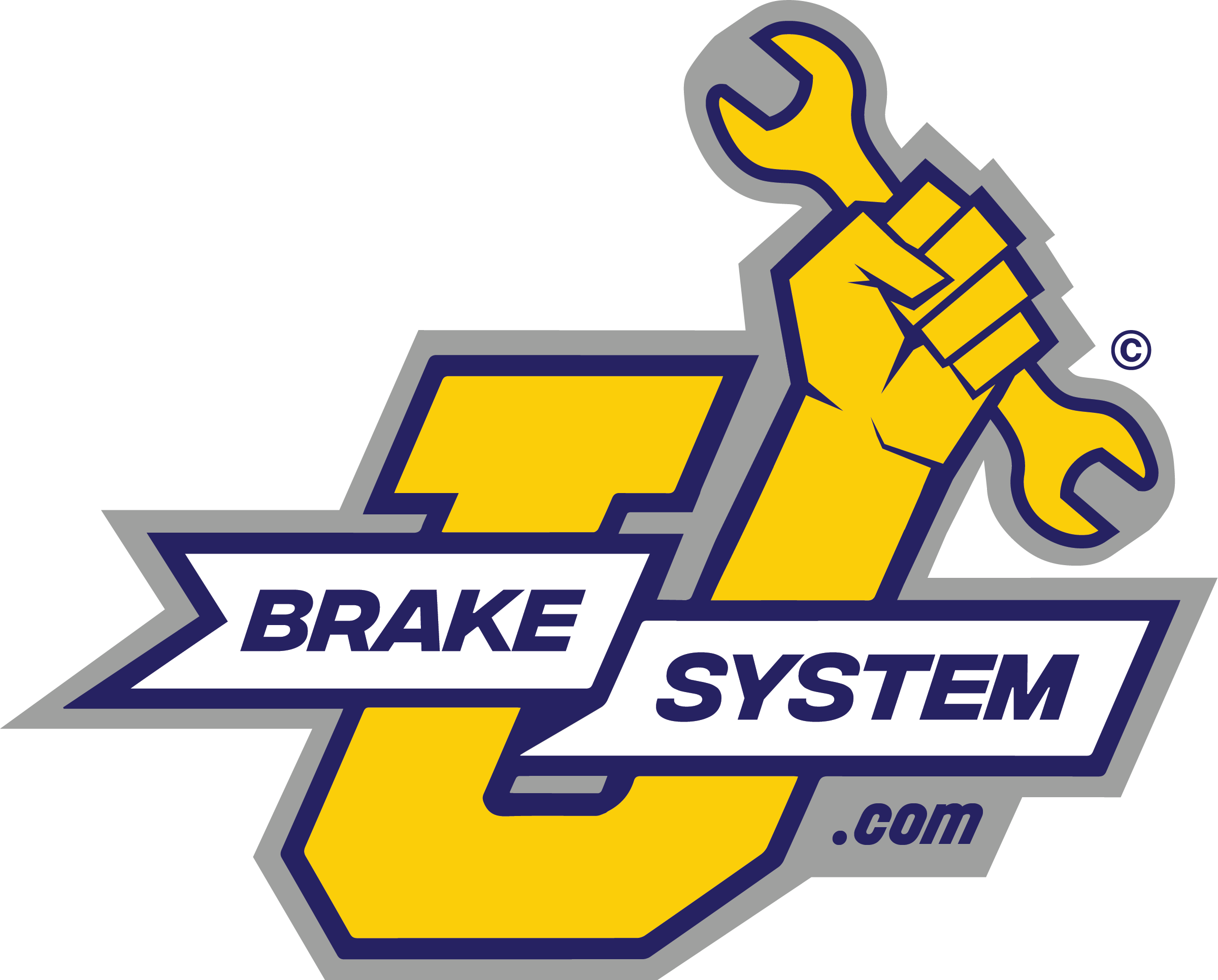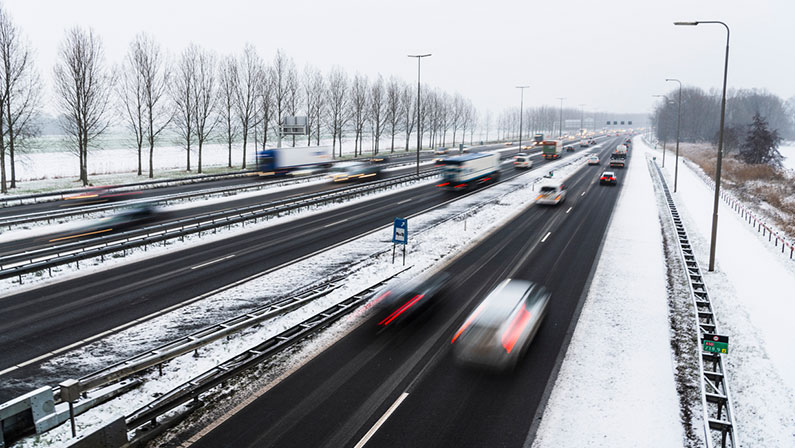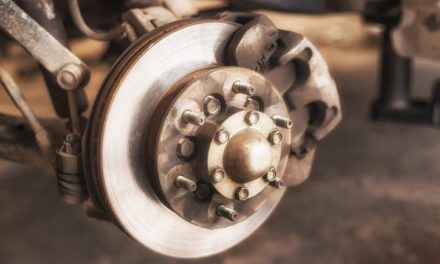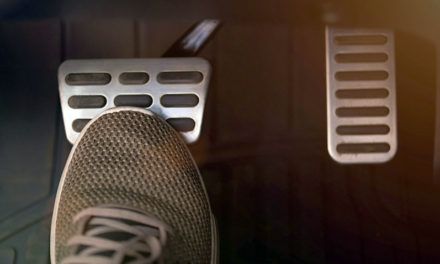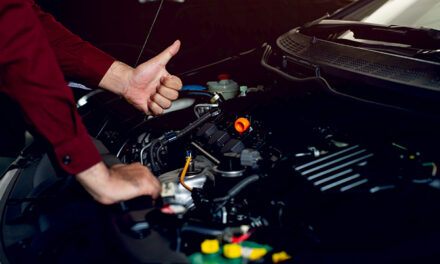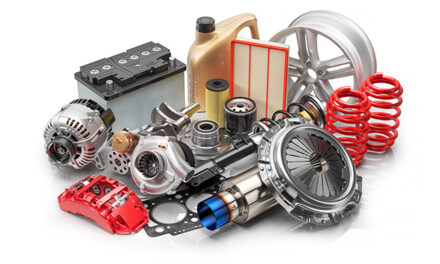How long will brake lines generally last?
Most new cars and trucks come with stainless steel brake lines that are expected to last seven to fifteen years before requiring replacement. It is one of the most durable parts of your vehicle and is considered a lifetime part.
Steel Brake Lines are Susceptible to Rust and Corrosion
While your brake lines are made out of stainless steel—which is designed to avoid rust—they still contain a large amount of iron that will oxidize over time. The oxidation process speeds up when the steel is subjected to common weather and road conditions such as rain, snow, and ocean spray. Traveling more miles results in a higher rate of exposure which means that brake lines on commercial trucks and cars will not last as long as a grocery-getter. If you drive in a region that is known for rain, snow, or its scenic seaside views, the lifetime of the brake line is further diminished.
Road Salt and Salty AirSpeed up Brake Line Failure
While water is perhaps more pervasive in contributing to the corrosion of brake lines, salt that is applied to roads for ice and snow control is the greatest threat to your safety. The salt reacts with the other metals in the stainless-steel alloy, leaving the iron behind. The iron ultimately oxidizes and turns to rust. The same idea applies to cars that are parked at an ocean-side residence without the protection of a garage. Vehicles that operate in a salty environment can see brake line failures in as little as five years. Running your vehicle through a car wash regularly with attention to the undercarriage will prevent the salt from becoming encrusted on the lines.
Brake Lines Last the Longest in the Desert
Maybe you are one of the lucky ones that reside in a dry, arid location such as Arizona, parts of Texas, New Mexico, and California. Your brake lines could potentially last for the entire life of the car as the steel does not mind extreme heat, direct sun, and sandy roads. You will need to replace the brake hoses more often and change out brake fluid as it will degrade in the heat.
Copper-Nickel Brake Lines Resist the Damage Caused by Salt
If you operate a corporate fleet in the Northern regions of the country or along one of the coasts, you may want to invest in Carlson nickel-copper brake lines. While copper is soft and will discolor with age, nickel gives it greater strength and hinders the green oxidation process. Replacement nickel-copper brake lines could last the life of the vehicle as long as you avoid any serious impacts. Salt will not react with the copper or nickel, eliminating that cause of corrosion.
PVF Coated Brake Lines Gives You a Layer of Protection
If your car lives in the most heavily populated cities in the north where snow covers the ground for a part of every year, a (PVF) polyvinyl fluoride coated brake line by Carlson Quality Brake Parts offers a good compromise in price and performance. PVF coats the standard stainless steel and will not react with road salt or water. PVF can become dry and cracked or flake off, but you can expect to add a few years to the life of your brake lines when you upgrade to PVF.
No matter if you opt for the traditional stainless steel, premium nickel-copper, or PVF-coated brake lines, you can find complete kits online. Once the job is done, your ride will be ready to roll for many more miles down the road.
